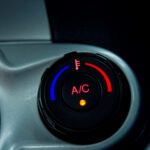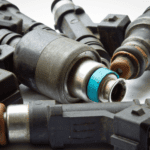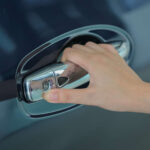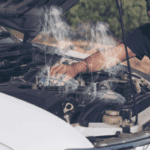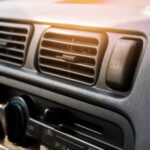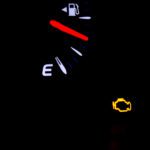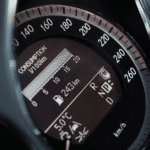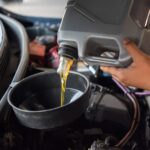A leak is a leak regardless of where or when, but there are times when it may only be noticeable when the engine is cold. For example, you go to the car in the morning and spot a big puddle under the engine. You fill the coolant back up, drive the car all day, and the level doesn’t drop. You come out again the next morning, and the coolant has leaked all over the floor. It sounds baffling, but these problems are more common than you might think.
4 Causes of a Coolant Only When the Engine Is Cold
One thing to remember with coolant leaks that only seem to appear when the engine is cold is they may also be there when the engine is running, but for one of the reasons below, they may not be noticeable. This is especially important to remember that the leak could become much worse at any time.
1. Coolant hose connections
Now this isn’t necessarily a problem with the coolant hose, it could be a weak, deteriorated hose, but more commonly, the hose clamp has rusted away and is now missing. You might think the hose would blow off if the clamp has come away, but if it has been on the car for some time, they almost fuse onto the engine or radiator outlets.
If the connectors or connections are metal, i.e., on the engine block itself or a metal radiator, you can get an issue if there is any damage or a split on the connection. Because the metal expands and contracts, the crack seals when the coolant and engine are hot. But when the engine cools, the metal contracts, the leaking crack is then ‘opened,’ and the coolant leaks. Because the hose is still in place, it will usually be relatively slow, which is most noticeable as a puddle on the floor when the car is left overnight.
2. Gasket issues
For the same reason, coolant leaks out of connections in joins on coolant hoses, the metal expanding and contracting. Gaskets such as the head gasket can leak when the engine is cold but partially seal themselves when it is hot. This is not exclusive to the heat gasket. There are many in the engine bay that you may experience a leak from when the engine is cool.
Depending on which part is causing the leak in this, you may also experience other issues or indicators when driving that will point you toward the cause of the fault. For example, with a head gasket, because the coolant leak will mean anti-freeze is getting into the engine cylinder when you start the car, significant amounts of white smoke will come from the exhaust until the coolant has burnt away.
3. Water pump leaking
The water pump circulates coolant throughout the engine. Because water pumps move water at a very high rate, the leak may be much less noticeable when the engine is running because the water is in constant motion.
However, when the engine is cold, and the engine is off, gravity takes over, and coolant can leak out of a few places on a water pump:
- Water pump sealing gasket – Gaskets are typically made from gasket paper, metal, or plastic. They deteriorate with age. Usually, a leak will start as a pinhole size that progressively worsens until the water is constantly dripping from it.
- Weep hole – The water pump weep hole allows coolant or oil to escape from the pump if the internal seal or bearing begins to fail, which would cause much more damage. The weep hole serves as an early warning system that the water pump is failing and needs to be replaced. The weep hole is usually located on the underside of the water pump and may be visible as a small drip coolant, especially as a puddle on the floor when the engine colds.
If you spot water dripping from the water pump, it is essential to have it replaced asap. Replacing just the gasket is rarely a sufficient fix; you will need to replace the water pump with a new one. Changing a water pump is pretty labor-intensive as you must remove the timing belt on some vehicles, so it is unwise to consider cutting corners when fixing water pump issues.
4. Radiator leaking
The radiator is a common area for coolant leaks. Over time, the radiator may develop corrosion or even get damaged from debris in the road. If you get a small leak from the top of the radiator core, it can take a long time for the coolant to run down the radiator, collect at the bottom and drip onto the floor. It may only be noticeable when the car has sat for some time; just something to be aware of.
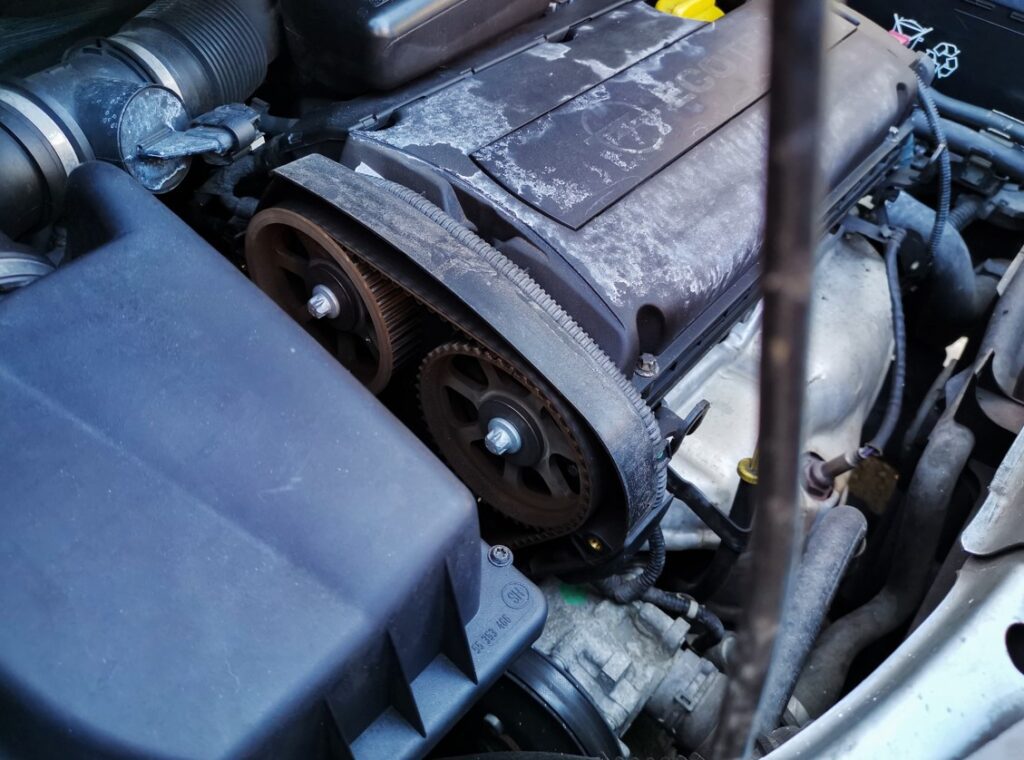
Can a Coolant Leak Just Stop on Its Own?
A coolant leak cannot stop independently and will require some sort of fix, depending on the cause.
However, you may think the leak has stopped. For example, if it is cold enough outside, the coolant leak may freeze when the engine is off, which may temporarily plug the leak. But, as soon as the engine warms up again, the leak will still be there. This is especially true if topping the coolant with water, as the anti-freezing properties will be drastically reduced.
Is It Safe to Drive if the Coolant Only Leaks When the Engine Is Cold?
It is not safe to drive with a coolant leak regardless of the cause. The problem with coolant leaks is they always start out as a small leak, like the one you may have now where it appears to only be leaking when the engine is cold. The issue comes when the leak gets much worse, of which you have no control when it will happen. It may leak almost it’s entire amount of coolant with a few hundred yards when driving down the road which could be fatal for an engine.
Another scenario is if the water pump leaks, the coolant will be dripping onto the cambelt. The chemicals in the coolant may weaken the cambelt, and if that snaps, you can have total engine destruction, a costly fix.
What Happens if You Ignore a Coolant Leak?
The problem with ignoring a coolant leak is when the coolant becomes low enough; the engine will start to overheat. You can cause significant stress on engine parts by running them too hot, which will cause them to fail.
Final Thoughts
Coolant leaks are common and only require good common sense when trying to find them. Trace back the drip marks on components until you find which part is leaking. If you find it is coming from water hoses but cannot find anything wrong with them, there may be a split in the metal casing of whatever that hose joins onto. Whatever the cause, running a car with a coolant leak will cause the vehicle to overheat, so you should avoid driving it. A coolant leak will cause the car to overheat, so you should avoid driving it until it’s repaired.
